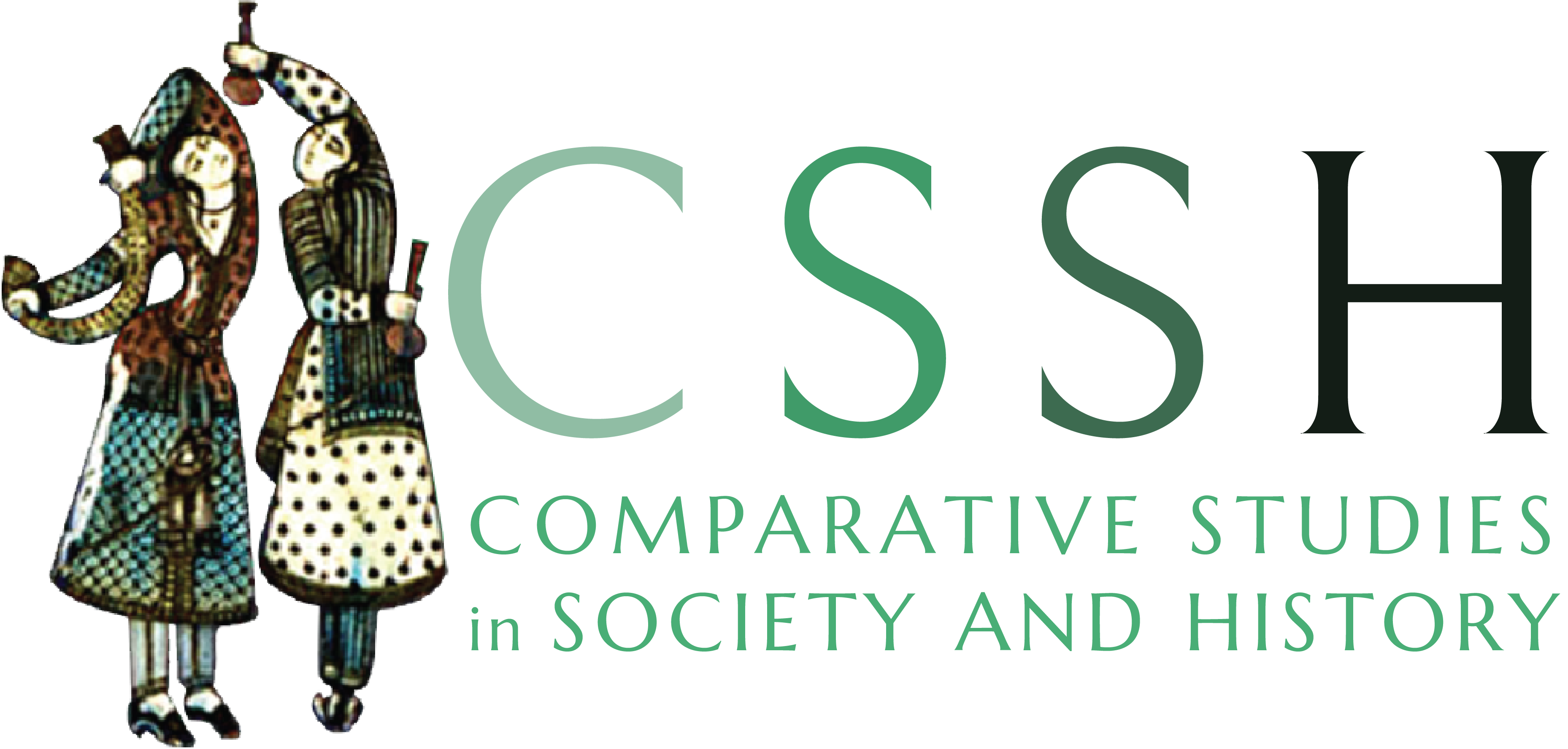Fahad Ahmad Bishara and Guo-Quan Seng in conversation
Category: Under the Rubric
CSSH has a longstanding tradition of juxtaposing essays for comparative effect. Our readers enjoy this ritual, but we often wonder what our authors think of it. Under the Rubric gives CSSH authors a chance to respond directly to each other’s work, drawing additional insight and inspiration from the arguments they’ve made.
Registers of Indigeneity
The Indigenous exists at multiple levels: in the historical embedding of a people with a given landsite and ecosystem most obviously, but also in language, politics, religion, and a lived experience of separateness from settler-states and their progeny. Still, Indigenous peoples’ survival depends in key respects on settler-states and their diverse codes and degrees of recognition. Essays by Uditi Sen and Krista Maxwell each explore registers of recognition that, though applied to dispossess indigenous peoples’ of autonomy, were presented as liberal or humanitarian interventions: the construct of “empty land,” or terra nullius, in Sen’s contribution; and the construct of the Indigenous “child-victim,” in Maxwell’s.
Persons, Things, Person-Things
Mischa Suter and Ceyda Karamursel in Conversation: Maintaining a clear ontological demarcation between persons and things is arduous work, as Latour and others remind us. It requires classification work, purification work, boundary work, language work, social work, and more. Even so, certain historical contexts and situations have rendered the clear line fuzzy, and persons and things remained thoroughly entangled.
Land and Labor Regimes
Tania Li and R. Alan Covey in conversation about land and labor regimes in Indonesia and Peru. In each case, there are elaborate social worlds that must be neutralized, manipulated, or destroyed before they can produce workers. In 16th century Peru, people are turned into peasants by Spanish taxation and land tenure policies. In colonial and contemporary Southeast Asia, plantation labor becomes more or less free as local subsistence systems, global markets, and modes of state investment change.





